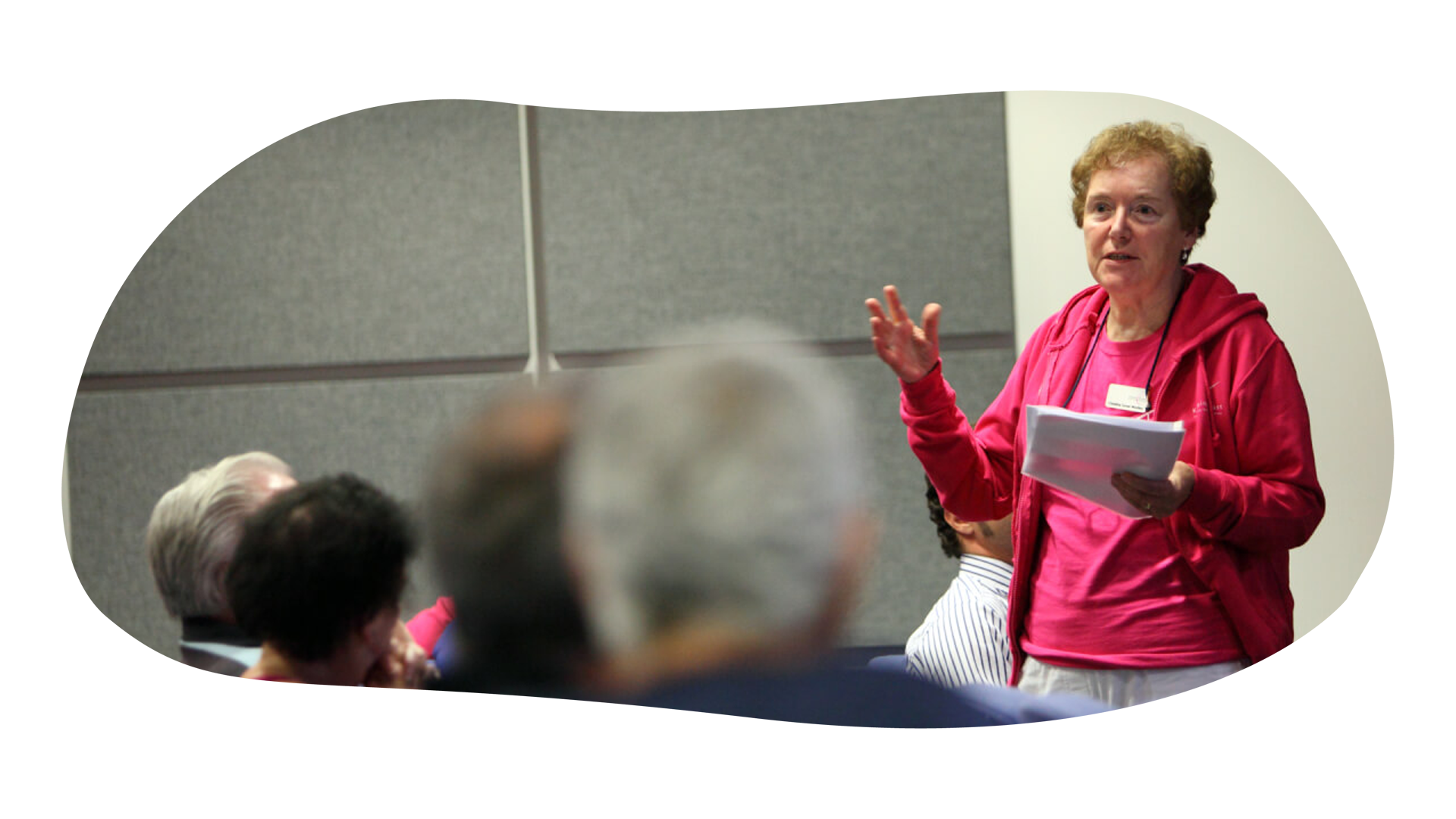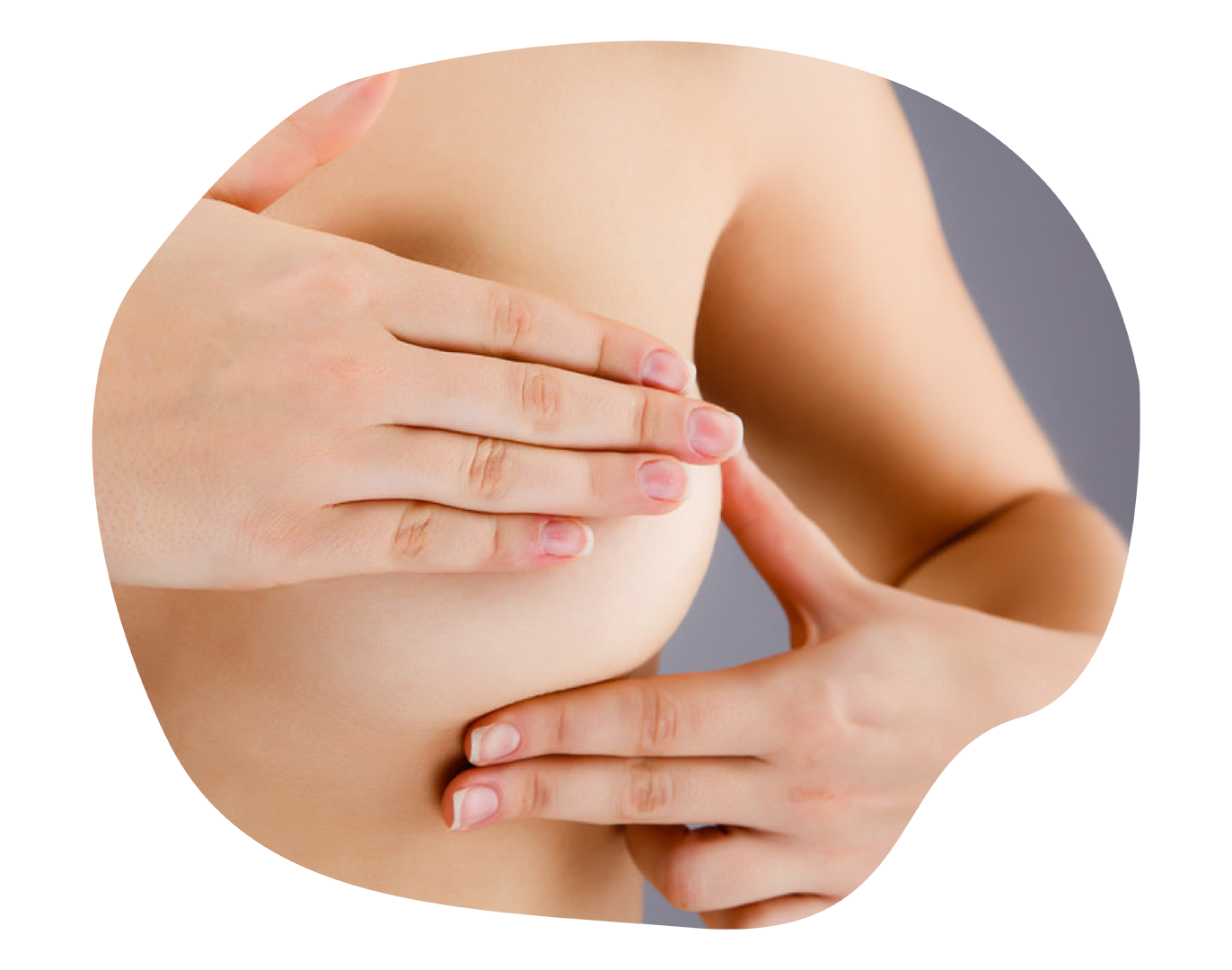HINTS AND TIPS
In addition to the information given, please find below some useful Hints and Tips that we have put together following feedback from other patients. Please note that this information will vary from patient to patient, so please make sure you use the information that is given to you by your hospital. This information is aimed to a general guide to help you prepare for your surgery, rather than specific information which will only apply to you. We also have a FAQ video which contains additional information.

Clean Your House
The activities that you can do, such as housework, cooking, shopping and so on, will be restricted for a few weeks, so make sure that these jobs have been done in advance. Go food shopping before your operation so that you have plenty of ready-prepared meals, fresh fruit and vegetables, bottled water and snacks. Ever tried home shopping? It’s easier than you think and you are more likely to get the things you want, rather than sending out someone else to do the job! Another option is to cook several meals in advance which will last you for a few days and then freeze them. Or ask your partner or friend to do the cooking! It really makes a difference to come back to a clean and well-organised home, as it's one less thing to worry about when you’re busy recovering and when friends visit whilst you recover.
What to wear to go in
Try to wear the same thing to and from the hospital, as there may not be much space to store personal belongings. Good ideas include a button-down shirt or zip-up top to avoid you having to lift your arms above your head, and comfy shoes, as bending over can be tricky.
Organise your family schedule
Someone needs to take the kids to school and to help them with their activities while you rest. Schedule those people in advance so you won’t have to worry about it while you’re recuperating! Arrange for someone to come and help you for the first few days following surgery. This means being on hand to help out with the normal everyday jobs and to be there if you need some moral support. Ask your partner to look after your children (if you have a family) and your pet (if appropriate). If you do not have partner, then ask a family member or friend. Remember, if you have any events, family occasions and so on arranged at this time, then you may be tired whilst recovering and so may need to reschedule them.
What to take into hospital
When you’re recovering, ask your friend / family member / spouse to bring you the good stuff.
- Lip balm
- Facial spray
- Toothbrush and toothpaste
- Throat lozenges – to sooth your throat after surgery
- Small pillow (to put in between your chest and seat belt on the way home)
- Mobile phone and charger
- Hair band/dry shampoo
- Glasses (if you wear them)
- Baby wipes/sanitiser
- Face wash
- iPod/iPad/laptop and charger(s)
- Magazines/movies/books/puzzle books
- A battery-operated travel fan, as hospitals are often very warm
- If applicable, drain bags are useful if you need them and your hospital does not supply them.
During your stay:
An iPod/ (or similar) is more useful than books in the early days as extreme tiredness and medication etc can make concentrating on reading impossible. Kindles or tablets are also useful later on.
A water bottle with a sports lid is easier to reach and drink from than a hospital beaker when you have surgery on both breasts and arm movement and grip are affected.
Wipes are useful when you are unable to get to the bathroom to wash. Dry shampoo and electric toothbrushes are also suggestions.
A healthy and balanced diet is necessary for good healing though you may not feel like eating much. You may also be given high protein/high calorie drinks during your hospital stay.
If you want to take your own nightwear, make sure it can open from the front, as the doctors and nurses need easy access to wound sites. Most ladies spend their stay with a hospital gown draped over their front, although you may wish to change into something nicer. A dressing gown is necessary for walks round the ward. Front buttoning nightwear in a dress size or two bigger than normal can be useful, even after you go home.
Restrict visitors. It’s close family only for a couple of days anyway. Too many visitors can be very exhausting. Encourage visitors to wait until you are home and feeling stronger.
Nominate one person to phone the ward if necessary and discourage others from phoning busy hospital staff.

Bra Advice
There are many different types of reconstruction and so advice on bra-wearing varies accordingly. Each consultant and/or hospital will have their own guidelines on post-operative bra-wearing. You should consult with the reconstruction nurse or surgeon as to the type of bra that you will need and when to start wearing it.
About Us
Keeping Abreast was established in September 2007 by patients Anna Beckingham and Beverley Birritteri and Breast Reconstruction nurse specialist Ruth Harcourt. They recognised a great need for women, both newly diagnosed with breast cancer and facing the possibility of mastectomy, and also women further down the line who are also considering reconstructive surgery, to be able to meet and talk to other women who have been through similar experiences. This allows women make an informed choice about whether or not to proceed with breast reconstruction.
© 2025 © Keeping Abreast Breast Cancer Reconstruction Support Group, registered charity number: 1129522. Registered office: M&A Partners, 7 The Close, Norwich, NR1 4DJ





